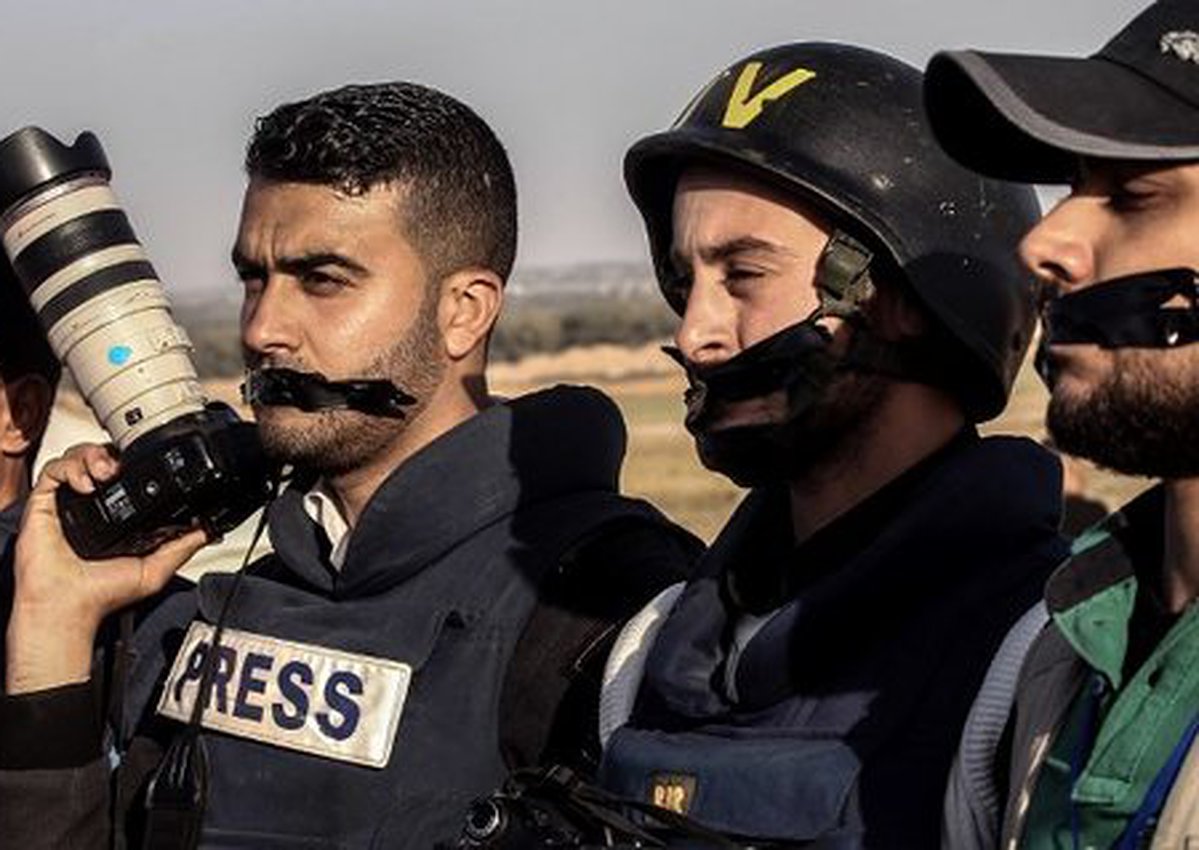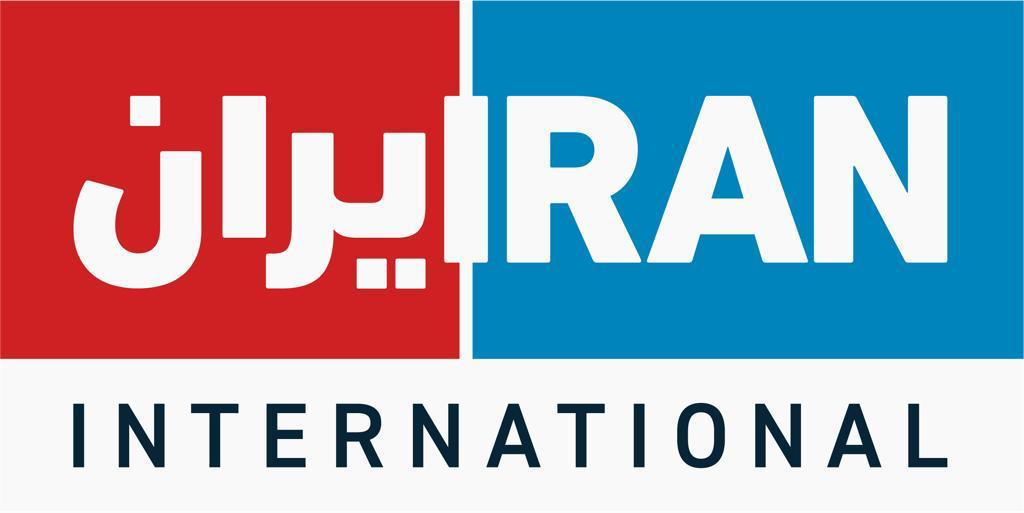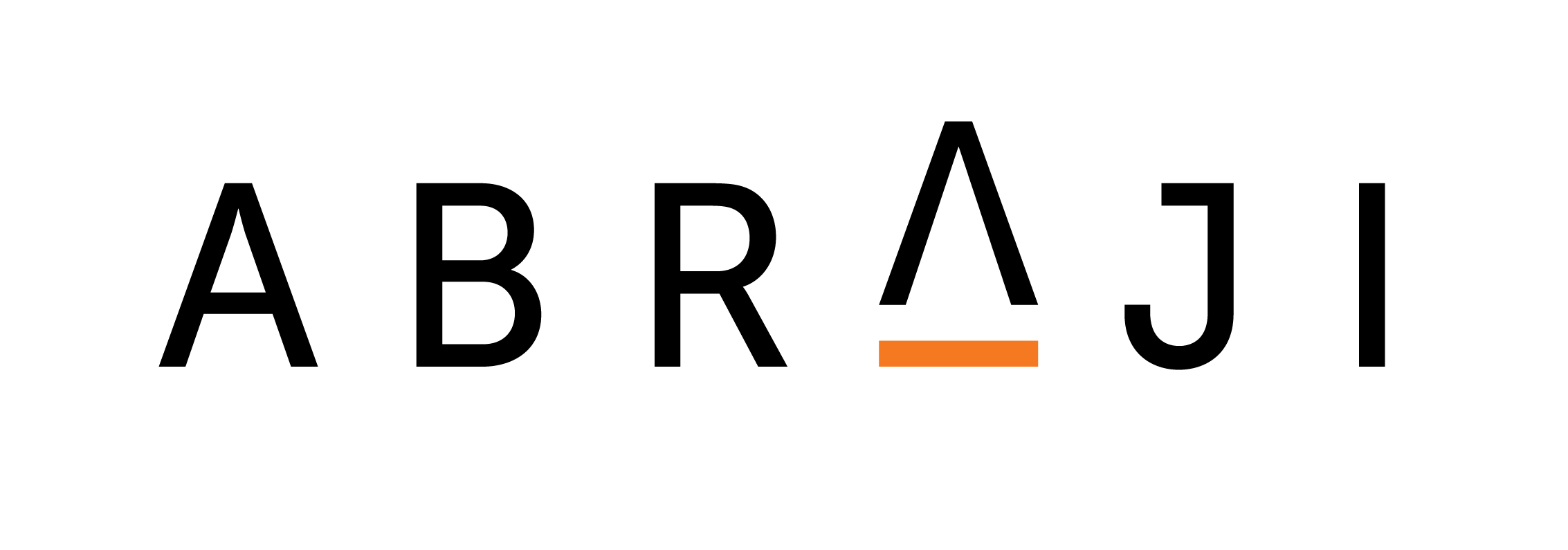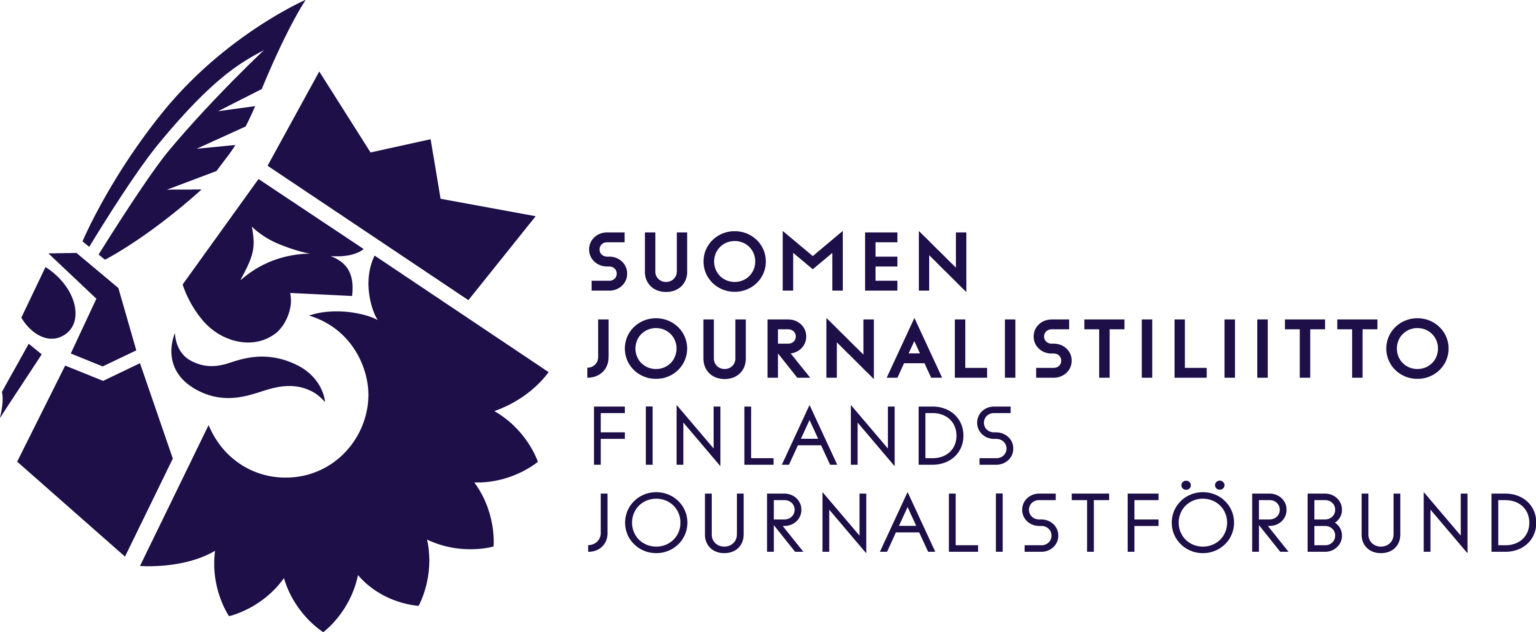World Press Freedom Day – intended to be a celebration and recognition of the vital role that journalists play in society – is touched by sadness this year.
Events to mark 3 May come just three days after a suicide bomber disguised as a media worker blew up nine journalists in the Afghan capital Kabul. They had rushed to the scene of an earlier explosion when the second bomb went off. Journalists like Shah Marai, the chief photographer at INSI member AFP, gave their lives to report the news.
According to the New York Times, Marai was supporting many relatives including three blind brothers and two blind children. His youngest daughter was just 15 days old. Journalists are under greater attack than ever before, from all sides, both on and offline, inside the newsroom and out.
Seldom has the press seemed less free than it does in 2018
The Kabul killings contributed to one of the deadliest months for journalists in recent memory. INSI recorded the deaths of 19 media workers from around the world in April. The body of magazine journalist Karla Lisseth Turcios was found on a highway northeast of El Salvador’s capital San Salvador. Video journalist Yasser Murtaja was shot by Israeli soldiers while covering demonstrations in Gaza.
Few perpetrators are ever punished or identified. In too many places, harassment, attacks and even murder are simply accepted as being among the many risks of working in the media. As physical threats spiral out of control, journalists who dare to criticise, question and investigate are also targeted with online abuse. Some are driven from the profession by extreme cyber bullying that includes racism, misogyny and threats of physical harm, rape and lynching.
In many countries, publications and media outlets seen as critical of the status quo are being censored and closed down. Reporters Without Borders (RSF) cited a growing animosity towards journalists in its annual World Press Freedom Index.
“Hostility towards the media, openly encouraged by political leaders, and the efforts of authoritarian regimes to export their vision of journalism pose a threat to democracies,” said RSF. Traditional bastions of press freedom like the United Kingdom have been falling down the press freedom rankings for several years because of aggressive new media laws and an antagonistic climate towards journalists.
Amid the gloom there are reasons for hope
Brave journalists refuse to be cowed by the unpleasant, dangerous environment enveloping our industry. In some ways the media has never been stronger, with journalists forging ahead with their stories despite the risks.
Look at the recent collaboration between the family of Daphne Caruana Galizia and 45 journalists from 18 international media organisations, who have set aside traditional rivalries to examine her killing and pursue the investigations she was covering. Caruana Galizia, an investigative journalist, was blown up by a car bomb in Malta last year.
As Daphne herself said, which seems appropriate on World Press Freedom Day, "News is news and you report it as soon as you are able to. If it also puts corrupt politicians in a fix, so much the better … We are not going to find out the truth unless we keep chasing it."
Lisa Clifford is a freelance filmmaker and the news and projects manager at INSI
Image by AFP





























































